“An ounce of prevention is worth a pound of cure.” – Benjamin Franklin. This quote is particularly relevant when it comes to maintaining the health of our feline companions. Understanding common cat health issues can help cat owners prevent minor problems from becoming major ones. According to the American Veterinary Medical Association, regular veterinary care can significantly increase the lifespan of cats. This article delves into the most common health issues faced by cats and provides practical advice on prevention and treatment.
1. Feline Obesity
Causes and Risks
Feline obesity is a growing concern among pet owners. A sedentary lifestyle and overfeeding are primary contributors. Obesity can lead to several serious health problems, including diabetes, arthritis, and heart disease.
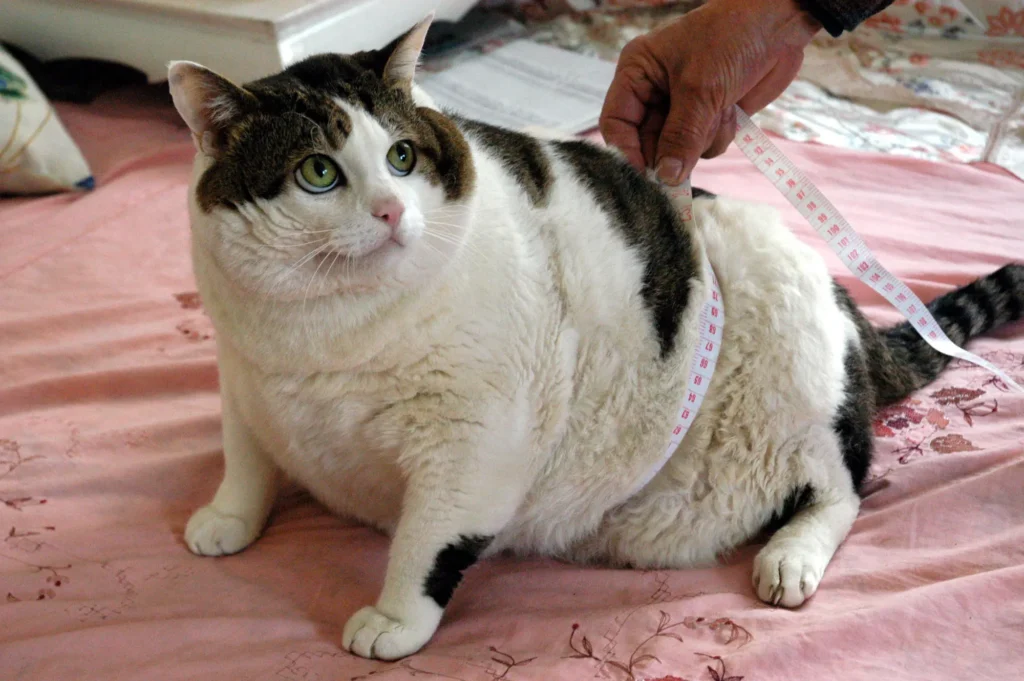
Prevention and Management
To prevent obesity, ensure your cat gets regular exercise and is fed a balanced diet. Interactive toys and scheduled playtime can help keep your cat active. Consult your vet for dietary recommendations and portion control to maintain an ideal weight.
2. Dental Disease
Symptoms and Complications
Dental disease is one of the most common health issues in cats. Symptoms include bad breath, difficulty eating, and red or swollen gums. If left untreated, dental issues can lead to severe infections and tooth loss.
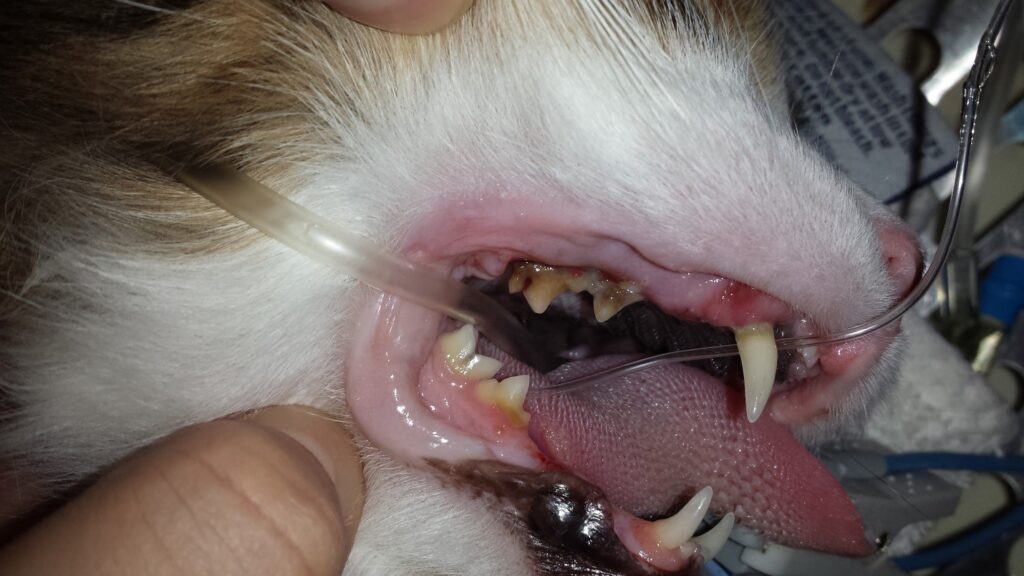
Prevention and Treatment
Regular dental check-ups are crucial. Brush your cat’s teeth with vet-approved toothpaste and provide dental treats designed to reduce plaque. Professional cleanings may be necessary for maintaining dental health.
3. Chronic Kidney Disease (CKD)
Understanding CKD
Chronic kidney disease is prevalent in older cats. It’s a progressive condition where the kidneys lose function over time. Symptoms include increased thirst, frequent urination, weight loss, and lethargy.
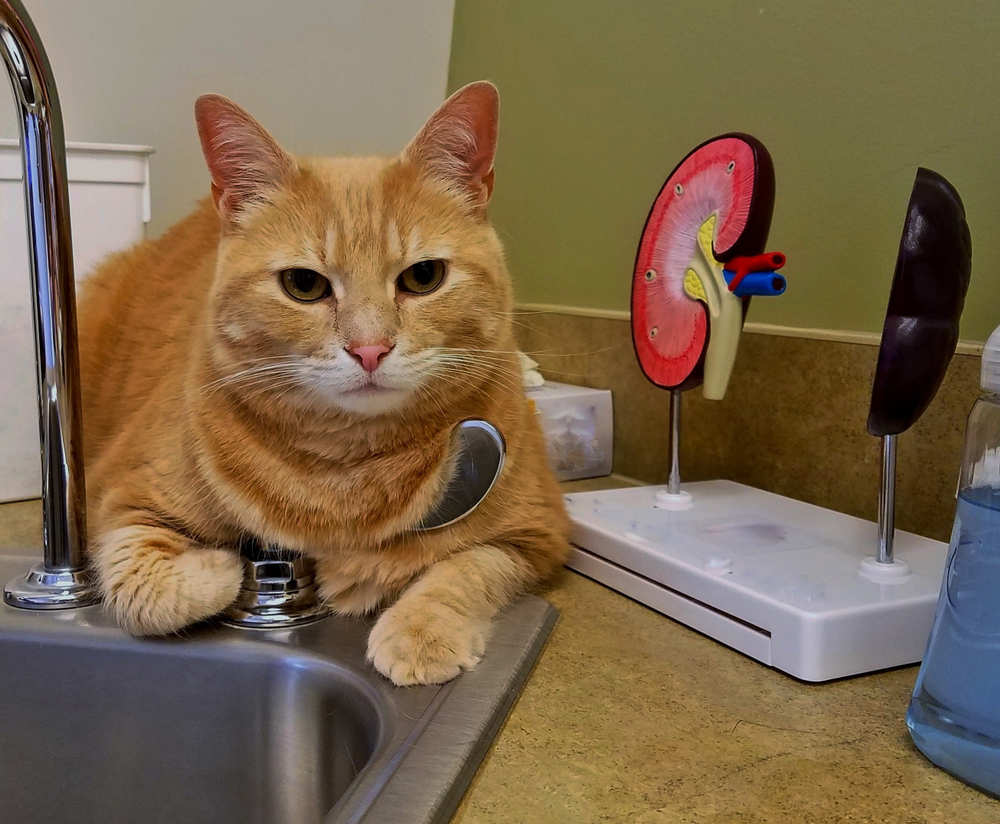
Managing CKD
Early diagnosis is key. Regular veterinary check-ups and blood tests can catch CKD early. A special diet, medications, and regular fluid therapy can manage the disease and improve quality of life.
4. Upper Respiratory Infections (URIs)
Causes and Symptoms
URIs are caused by viruses and bacteria, similar to the common cold in humans. Symptoms include sneezing, nasal discharge, and eye inflammation.
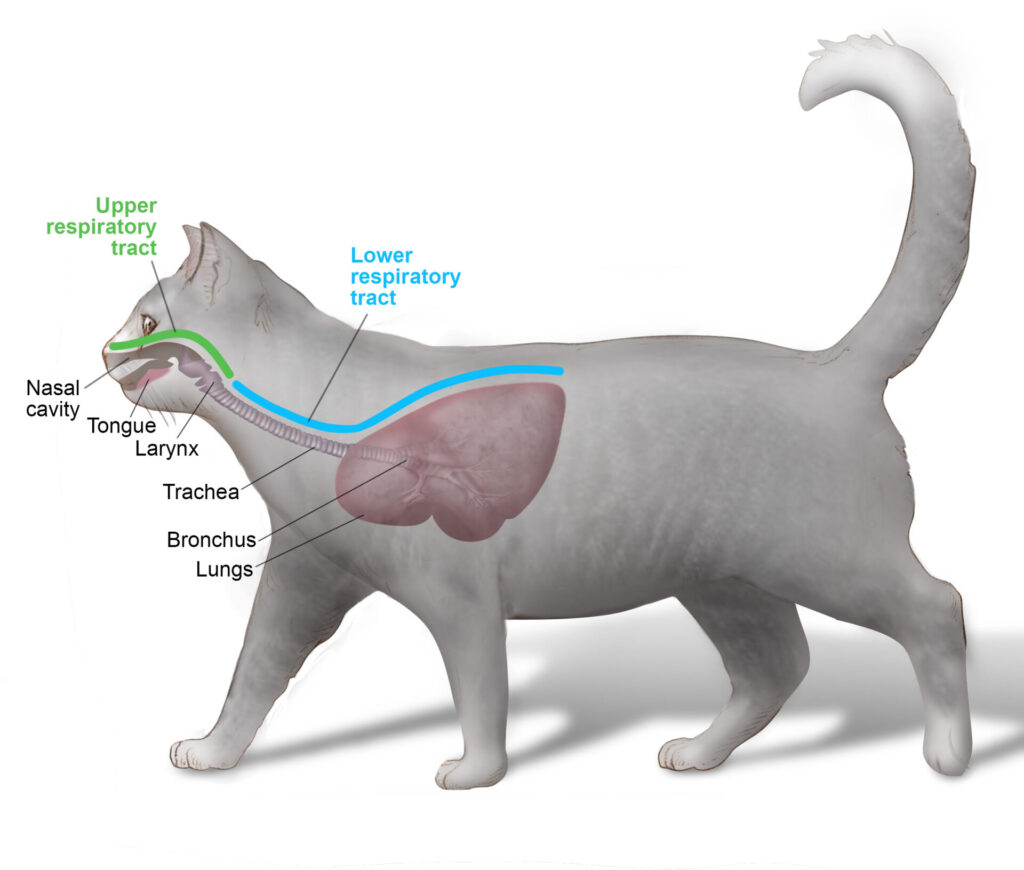
Prevention and Care
Vaccination is the best prevention against URIs. If your cat shows symptoms, keep them comfortable and hydrated. Consult your vet for appropriate antibiotics or antiviral medications.
5. Parasites
Types and Effects
Cats are susceptible to various parasites, including fleas, ticks, and worms. These parasites can cause itching, anemia, and gastrointestinal issues.
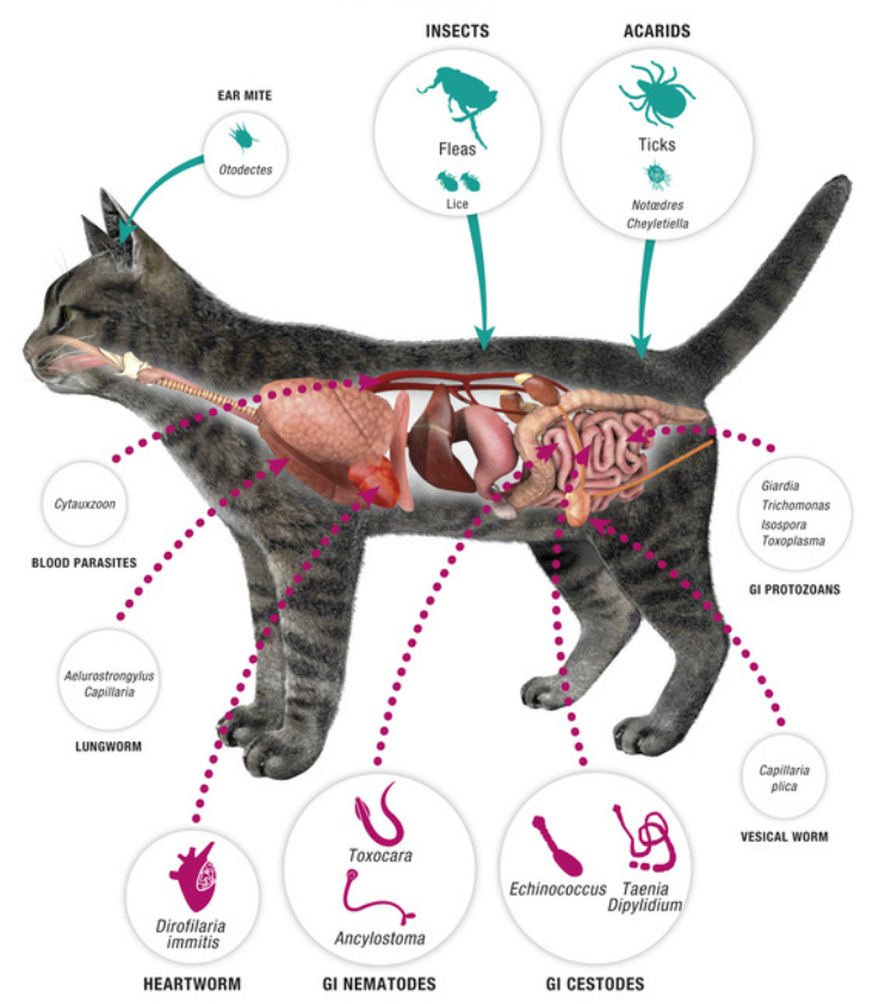
Prevention and Treatment
Regular use of preventative treatments, such as flea collars, topical treatments, and deworming medications, can protect your cat. Regular vet visits for check-ups and fecal tests are essential for early detection and treatment.
6. Diabetes
Symptoms and Diagnosis
Diabetes in cats is often linked to obesity. Symptoms include increased thirst, frequent urination, weight loss, and increased appetite.

Management
A combination of diet, insulin therapy, and regular monitoring can manage feline diabetes effectively. Consult your vet for a tailored treatment plan.
7. Feline Lower Urinary Tract Disease (FLUTD)
Causes and Symptoms
FLUTD encompasses several conditions affecting the bladder and urethra. Symptoms include difficulty urinating, blood in urine, and frequent trips to the litter box.
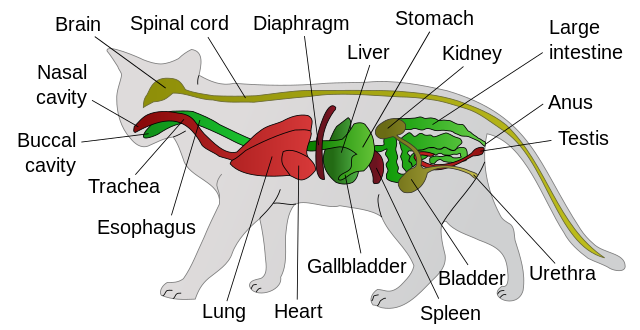
Prevention and Treatment
Ensure your cat has access to fresh water at all times. A balanced diet and reducing stress can prevent FLUTD. Immediate veterinary care is crucial if symptoms are present.
8. Hyperthyroidism
Signs and Effects
Hyperthyroidism is common in older cats and results from an overactive thyroid gland. Symptoms include weight loss, increased appetite, hyperactivity, and vomiting.

Treatment Options
Treatment options include medication, radioactive iodine therapy, or surgery. Regular blood tests can help in early detection and effective management.
Conclusion
Understanding and preventing common cat health issues is vital for every cat owner. Regular vet visits, a balanced diet, and a healthy lifestyle can significantly improve your cat’s quality of life. Stay informed and proactive about your cat’s health to ensure they live a long, happy life. Remember, your vigilance and care can make all the difference in your feline friend’s well-being.





















